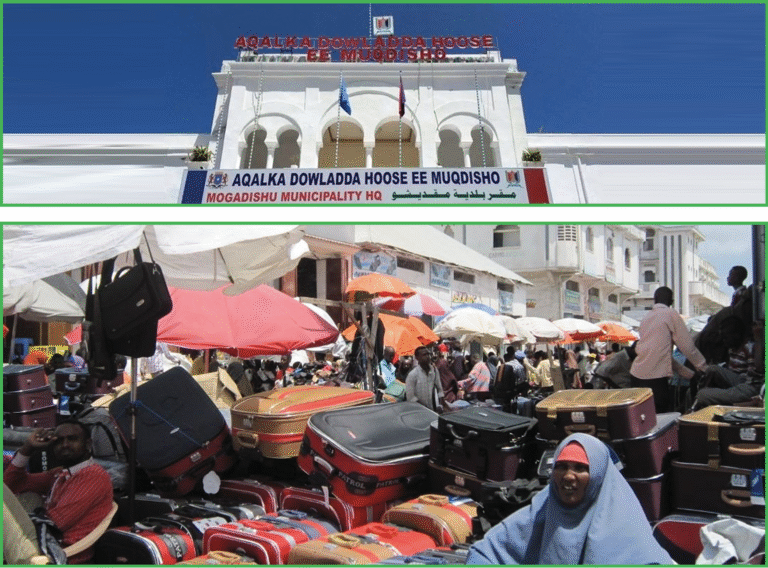
Examining Benadir Regional Administration (BRA) Tax Revenue: Types, Legal Frameworks, Collection Methods, and Service Provision
Establishing governance in general—and fiscal governance mechanisms in particular—has been

Establishing governance in general—and fiscal governance mechanisms in particular—has been

The study investigates to what extent groups affected by past
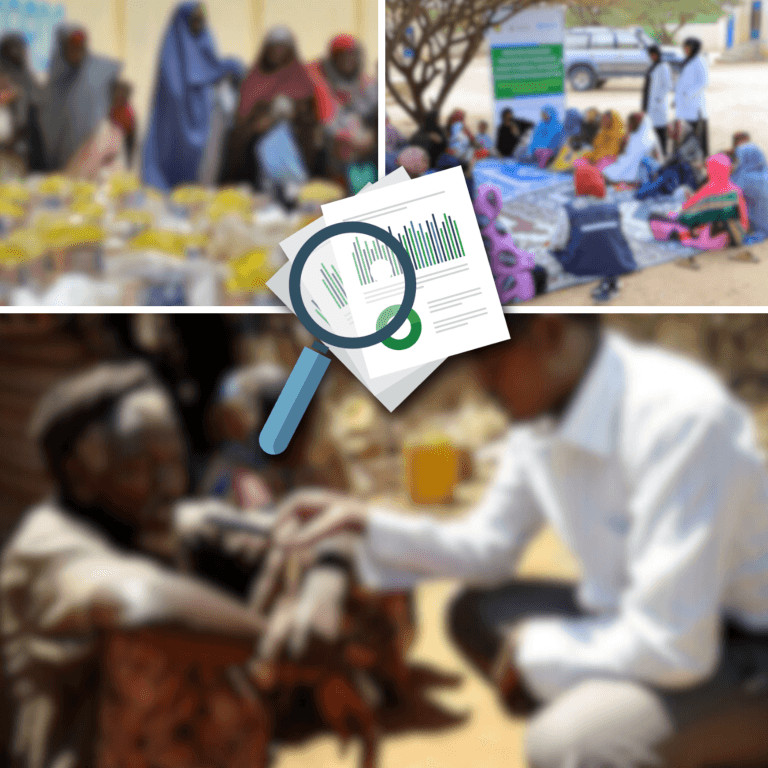
This study aims to address this gap by examining how
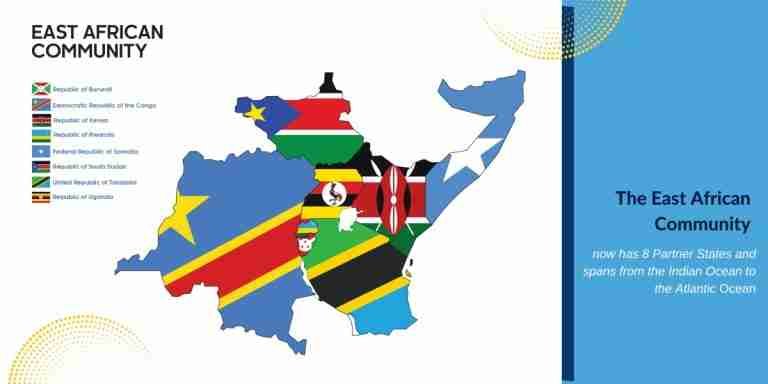
The paper indicates that there are, inevitably, opportunities linked to
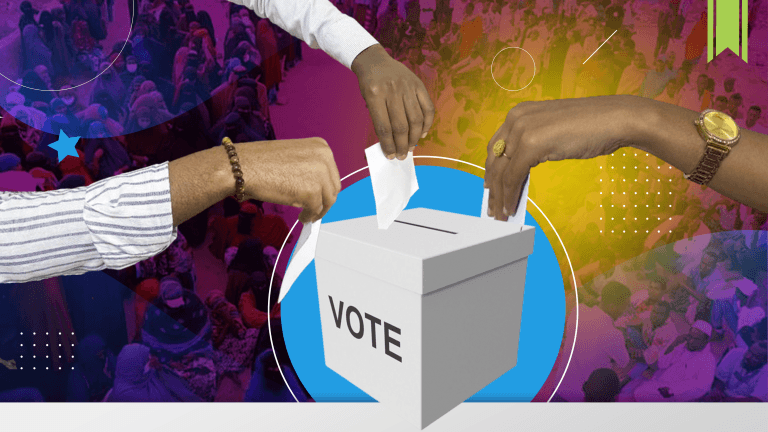
This paper explores the possibilities of Somalia’s transition from a

This study examines district council formation (DCF) in three FMSs;
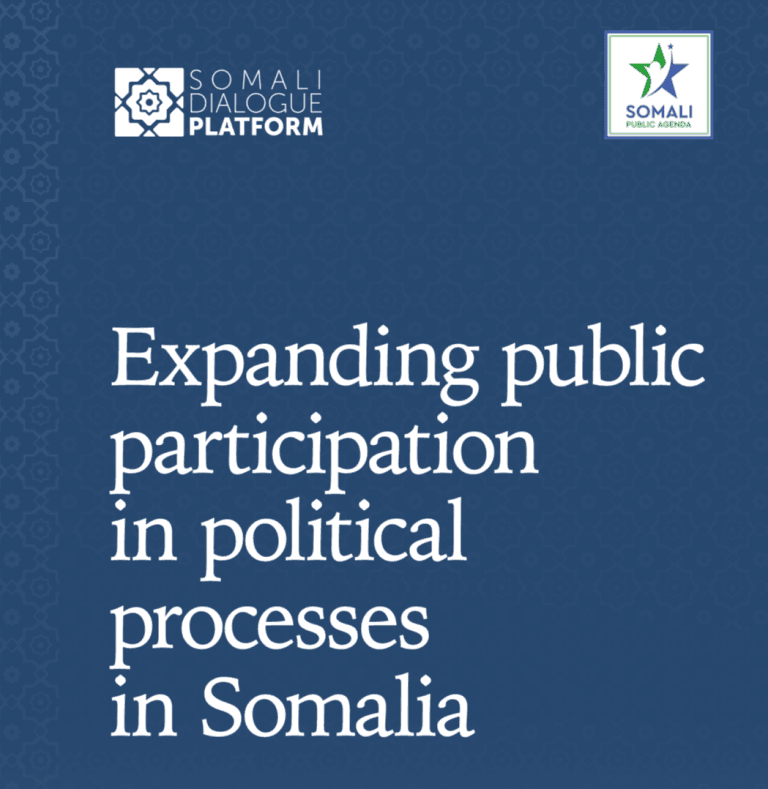
This study explores the prospects and challenges for public participation

This report considers the priorities and experiences of displacement-affected communities.
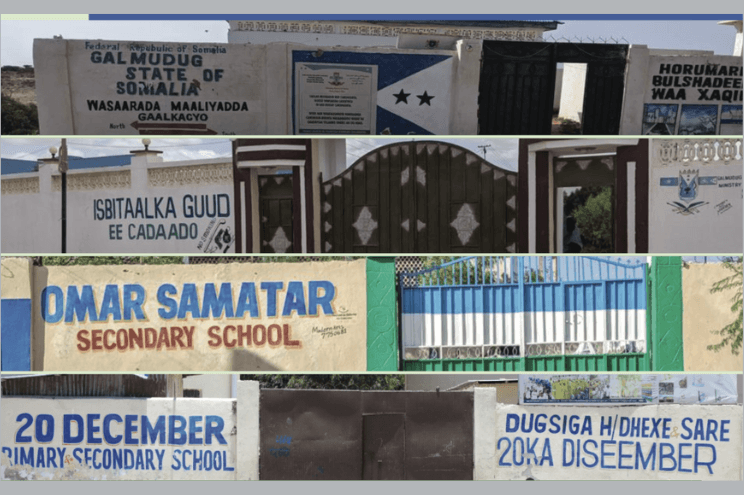
This study takes stock of fiscal and service delivery decentralization
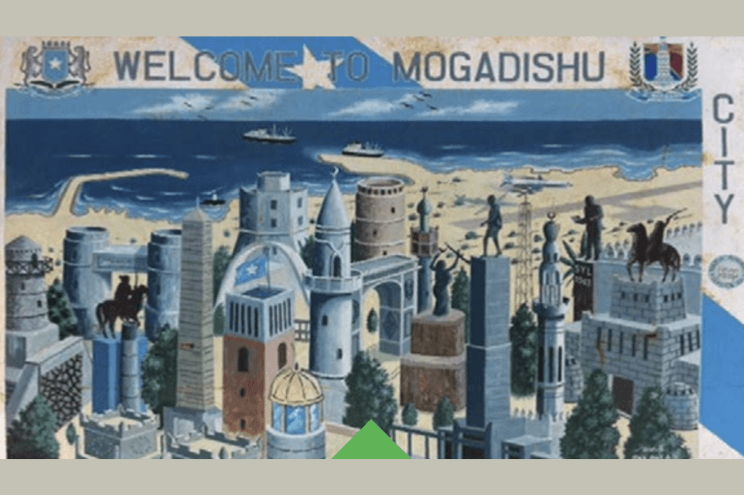
This safety and security study on Mogadishu examines the everyday
Somali Public Agenda is a non-profit public policy and administration research organization based in Mogadishu. Its aim is to advance understanding and improvement of public administration and public services in Somalia through evidence-based research and analysis.
Stay updated on governance and public services in Somalia!